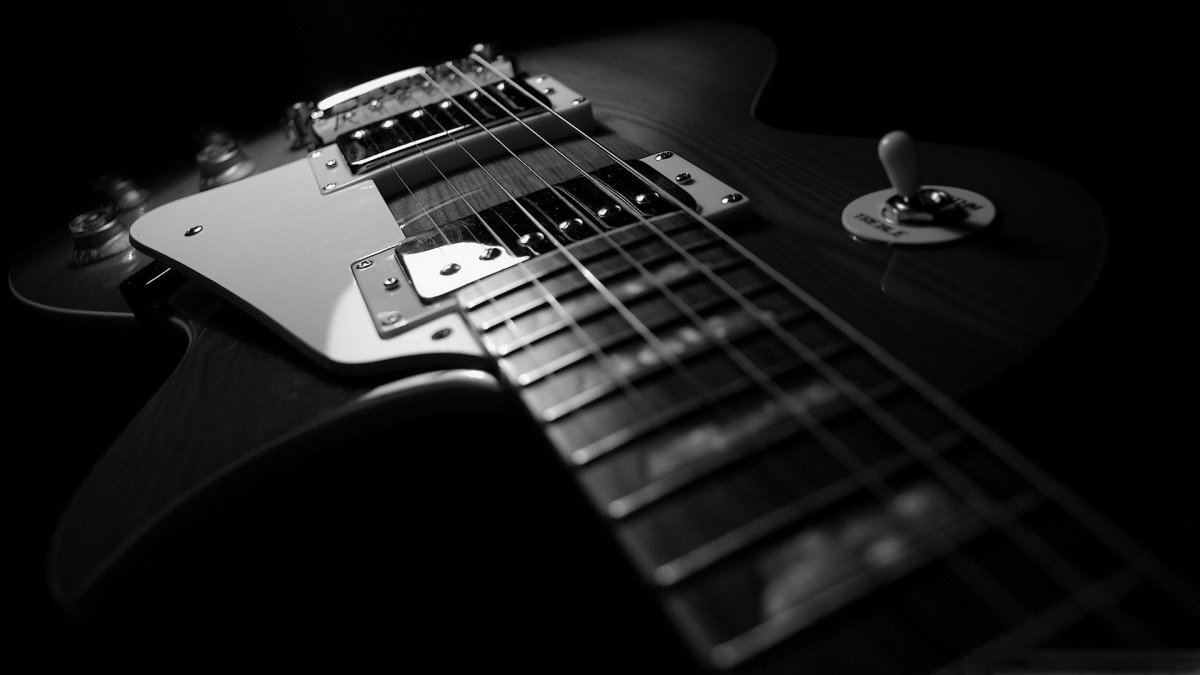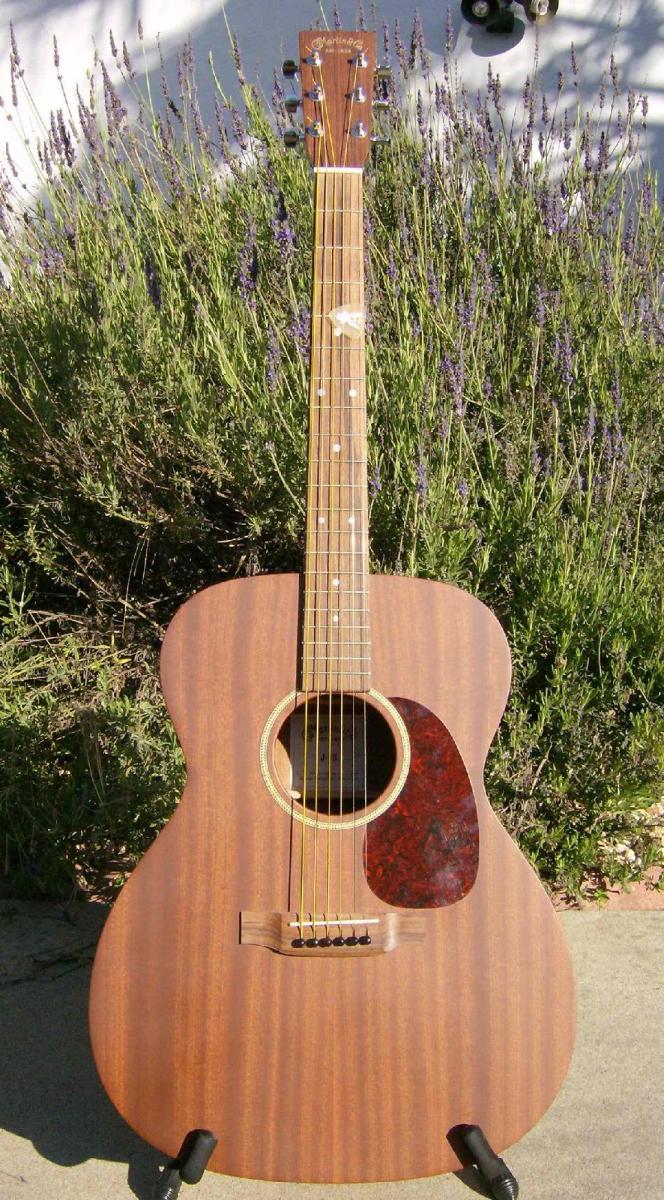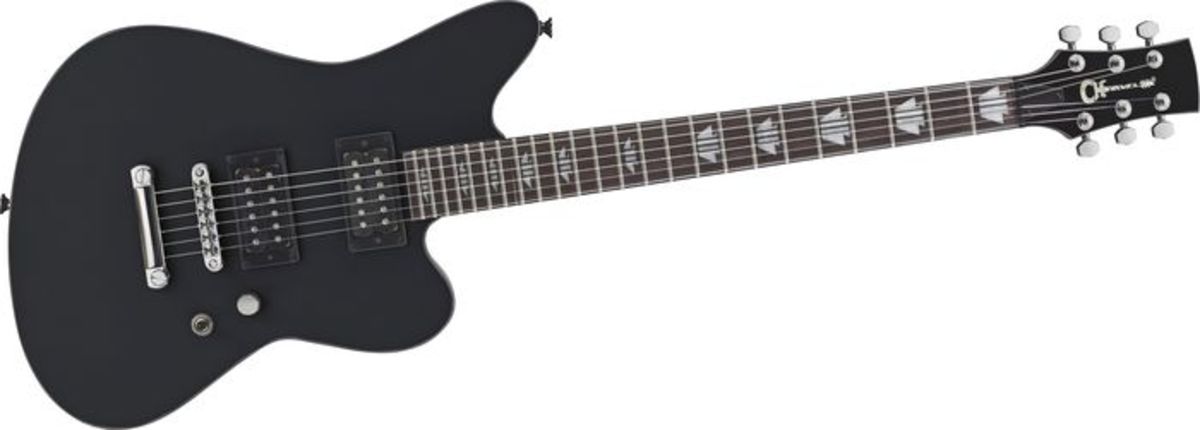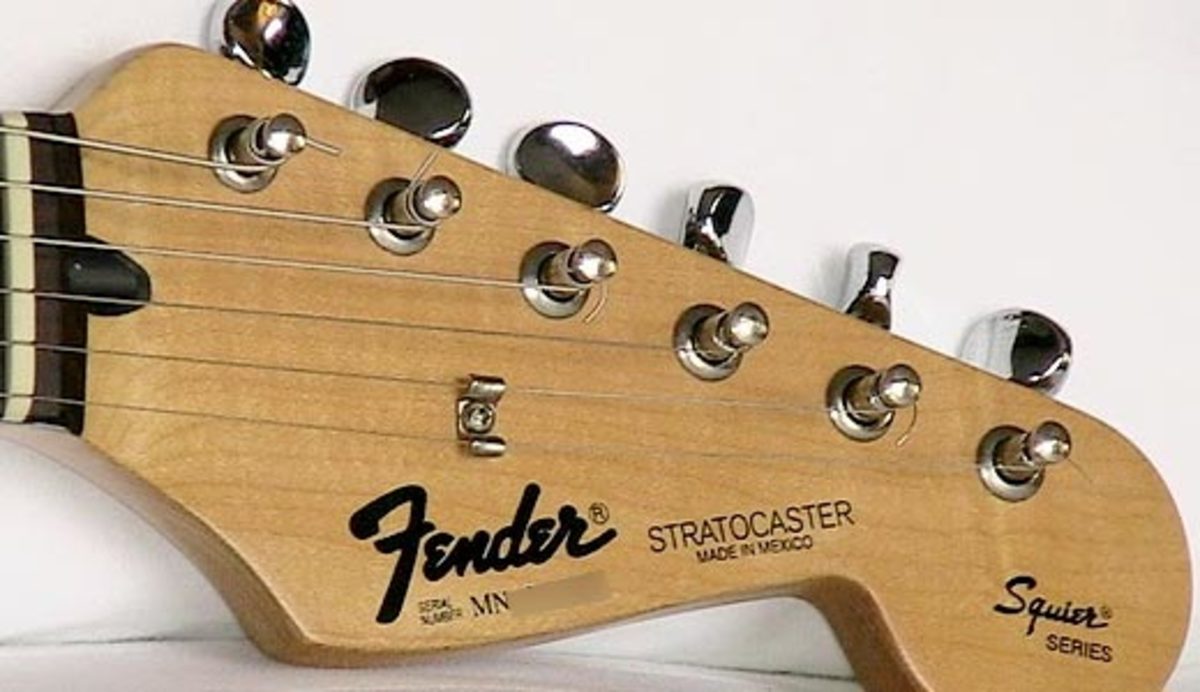How to Buy a Guitar from a Music Store
My Guitar
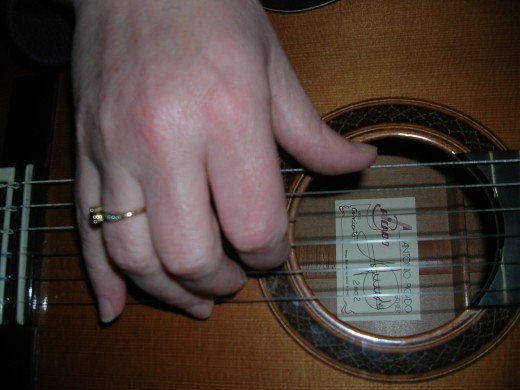
How to Buy a Guitar from a Music Store
Well, that is easy enough isn’t it? You decide what type of guitar you want, go to the store, tell them what you want to spend and they sort you out. Right? Wrong! Unless you know exactly what you want and have some guitar experience you could be buying a pig in a poke. If you buy from Amazon you have the right to return for any reason but from a store you can’t change your mind easily. In the wake of a lot of TV advertising for National Small Business Saturday and buying locally, I wanted to put this page together to help you buy exactly what you want from a guitar store.
Advantage of Buying a Guitar from a Store
Unless you go to a large specialist store your choice is going to be limited but usually a music store will stock the most reliable and popular value instruments. They might not have the exact brand or colour you wanted, but you can sit and try the instrument. If you are buying for a child this is really important. Children will almost always choose an instrument by its looks, not its playability, so planning that secret store visit in advance will help avoid the perils of pester power. The choice on Amazon is much wider of course, but you can’t keep it secret until Christmas Day or birthday because the delivery will be so obvious.
My PRS Santana
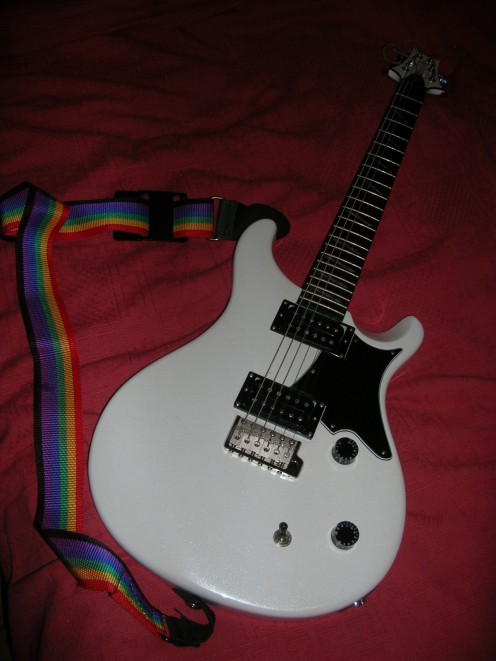
Pitfalls of Buying a Guitar Online
A lot of people are unwilling to buy on line anyway because they are worried about returning the instrument or having to set it up themselves. When I have bought guitars I have used regular music shops, speciality shops in London and online dealers. As an experienced player and teacher I know what I am looking for in an instrument so buying online is not frightening. Even so, when I bought an electric guitar with a Floyd Rose trem I was gutted to discover it arrived without strings. That meant I had to learn to do a Floyd Rose set up – fast! I had saved myself nearly £700 on a gorgeous blue Hamer Californian. My local store had quoted £1600 and I got one for £950. I could hardly take a brand new instrument in for a set up having checked out their catalogues and prices could I? I got a book from the library and proceeded with caution. Later I learned a Floyd Rose needs tweaking whenever you change strings, especially if you change brand or string gauge. By that time I didn’t feel quite so embarrassed about getting that professional set up.
So what do you need to do to get the best guitar from a music store?
- Who is the guitar for? The level of experience, age and size of the person is important. If you are buying for a seven year old you really mustn’t buy a dreadnought. Nine out of ten children will not grow into a guitar that is too big or too hard to play. I can tell you from experience that most of them give up! Children under seven will usually do well with a half size guitar, a quarter size is cute for the under fives but you are going to have to replace it fast. Children over nine will usually cope well with a three quarter guitar unless small for their age and you can think about upgrading when they have a growth spurt in their teens. If you are buying it for yourself then full size is probably best.
- Have a budget in mind and within reason stick to it. There is not a lot of point in buying a concert quality instrument for an accident-prone ten year old. Kids can’t help having accidents – they are often clumsy because they are developing coordination as they grow. When they are older, more responsible and more proficient it is time to upgrade. A small music store may be able to offer you a good deal on a reasonable instrument so keep the budget reasonably elastic if you want a bargain.
- If you don’t play yourself, try to take a friend who does play. You want to hear the guitar played. Does it sound good? Is it loud enough? Depending on a professional guitar demonstrator for that can be misleading though. As a pro I can tell you most pro players can get anything to sound good. We know how to extract maximum tone and volume and you might be carried away by the skill of the demonstration to the extent that you don’t hear the instrument itself.
- You don’t need to be a player to check the guitar for faults and playability. There are all sorts of checks you can perform as a non-player. You really need to do this with budget instruments too. Although quality these days is much better than it was in the 1960s, some bad ones slip through.
A Computer Rendition of a Brahms Arrangement I did for Classical Guitar Duet
Checks you should perform for guitar faults and playability
- Pick the guitar up and hold the bout close to your nose. Look along the fretboard. The strings should be a little closer to the fretboard on the treble side but there should be no twisting of the neck
- While you have the guitar in the air give it a careful (and discreet) shake. There should be no rattle. If there is, you could have a loose strut inside the soundbox.
- Hold the guitar so you can see the whole neck in front of you with the body to the right and the head to the left. Is the fretboard straight? You should not have a visible bulge or dip in the middle of the neck.
- Check the tuning pegs, do they turn easily? Are any loose?
- Sit down with the guitar and look at the point where the neck joins the body. There should be a small gap between strings and fretboard. It that gap doesn’t exist the strings will rattle on the frets and notes will “flat out”. Too big a gap and the guitar will be difficult to play, it is almost certainly on a downward spiral to developing a bowed neck and will probably be out of tune.
- There are different manufacturing standards, but a normal action for a beginner classical guitar would be just under 3mm clearance between 1st string (treble) and 12th fret and just under 4mm between 6th string (bass) and 12th fret. On an electric these distances should be much smaller and on a steel strung acoustic they should be slightly smaller. Ramirez guitars go from 3mm to 5.5mm but this would be hard for a beginner so generally a lower action is better.
- Remember you can get the store to adjust the neck on an acoustic or an electric – but not on a classical so the action height needs to be right for you.
- You don’t need to be able to play to do this. On each string, starting at fret 1 and going all the way along the string, one fret at a time, press the string down and play the clearest note you can. Every fret should sound different. If two sound the same, the guitar is faulty.
- If you can play a little and the guitar is in tune strum a few chords. Does it feel comfortable? Are there any sharp edges along the fretboard? (You can also test this by running your hand along the side of the neck if you don’t play.)
Strum a chord or two to check how it feels
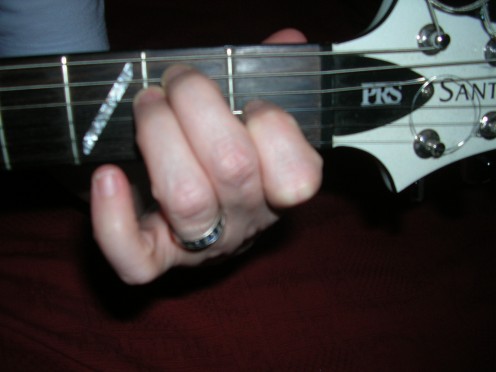
Buying the Guitar from your Local Music Store
You like the guitar, it is the right size and you don’t see any obvious problems, now is the time to start negotiating. Is the guitar sold as a package? You are going to need a carrying case, an electronic tuner is a bonus, pitch pipes are pretty much useless… Don’t worry about guitar picks if you are buying a classical guitar for lessons. If you do buy picks, buy light ones because they are less likely to damage the finish in kid’s hands. Is there an instruction book recommended? A video? Videos are often not very good compared with proper lessons – does the store have a beginners’ class? Is there a cash discount? What is the after sales service like?
Congratulations! You have bought your first guitar and hopefully it will give many years of pleasure.
Anyone can play guitar?
Would you buy your guitar locally?
Would you buy from a local music store, a larger guitar shop or online?
© 2014 Lisa Marie Gabriel


